Search
Did you mean: Script?
Search Results

Definition
John the Baptist
John the Baptist (d. c. 30 CE) was a 1st-century CE itinerant preacher in Judea. We do not know his full name, but he is recognized by his activity. 'Baptizer' (Greek: baptizo) was translated directly into English and meant 'to immerse' or...
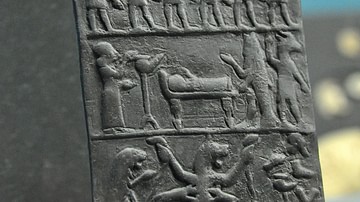
Article
Burial in Ancient Mesopotamia
Burial in ancient Mesopotamia was the practice of interring a corpse in a grave or tomb while observing certain rites, primarily to ensure the passage of the soul of the deceased to the underworld and prevent its return to haunt the living...
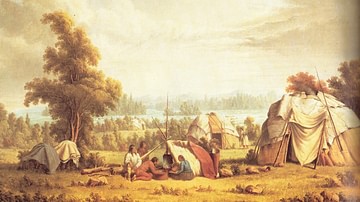
Article
Mondamin
Mondamin (also given as Mon-Daw-Min, The Gift of Corn, and The Origin of Corn) is a tale from the Ojibwe Nation on how the people received corn from the Great Spirit through the vision quest of the young man, Wunzh, and his acts of selflessness...
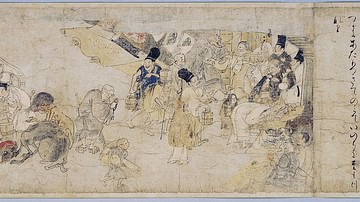
Article
Ghosts in Ancient China
Ghost stories were the earliest form of literature in ancient China. They were almost certainly part of a very old oral tradition before writing developed during the Shang Dynasty (1600-1046 BCE) and they continue to be popular in China today...
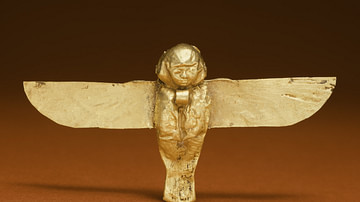
Definition
Ghosts in Ancient Egypt
A text known as The Lay of the Harper, dating from the Middle Kingdom (2040-1782 BCE) encourages its audience to make the most of the time because death is a certainty: Make a holiday! And do not tire of playing! For no one is allowed to...
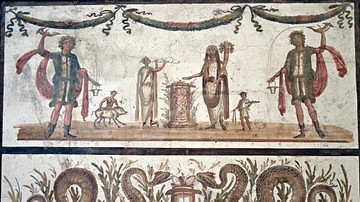
Article
Roman Household Spirits: Manes, Panes and Lares
To the ancient Romans, everything was imbued with a divine spirit (numen, plural: numina) which gave it life. Even supposedly inanimate objects like rocks and trees possessed a numen, a belief which no doubt grew out of the early religious...
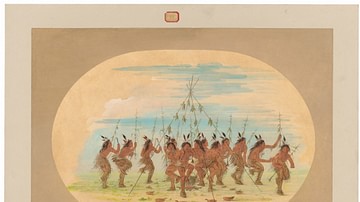
Article
Sioux Story of The Gift of Corn
Corn (maize) was central to the lives of Native Americans across North, Central, and South America. Maize was introduced to North America from Mesoamerica c. 700/900 CE and transformed the lives of the indigenous peoples. Every tribal nation...
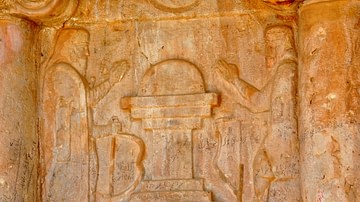
Article
Ancient Persian Gods, Heroes, and Creatures - The Complete List
The term 'mythology' comes from the Greek mythos (story-of-the-people) and logos (word or speech), meaning the spoken story of a people. Every civilization of the ancient world developed a belief system, which is characterized as 'mythology'...

Article
Seven Sacred Rites of the Lakota Sioux
The Seven Sacred Rites of the Lakota Sioux (Seven Sacred Rites of the Lakota Oyate) are the spiritual observances of the Native American Sioux nation that maintain their relationship with the Great Mystery/Great Spirit Wakan Tanka, the creative...
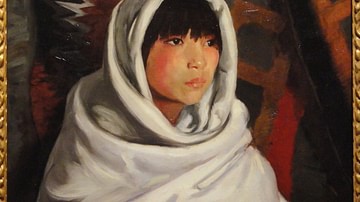
Article
The Ghost Bride
The Ghost Bride is a story from the Pawnee nation on the danger of interacting with ghosts but also emphasizes the importance of keeping one's word, whether with the living or the dead. The young man in the tale does not know he is dealing...